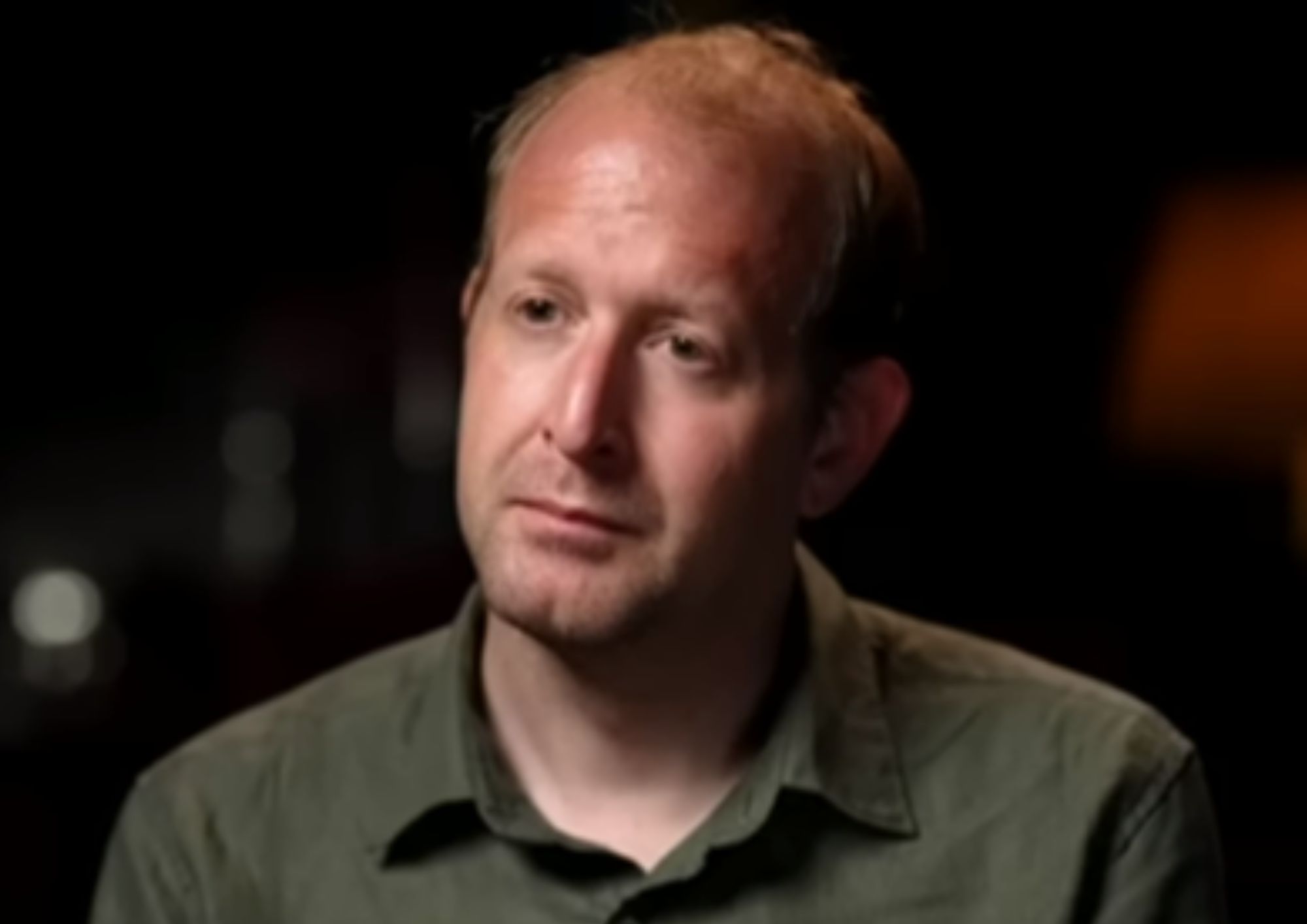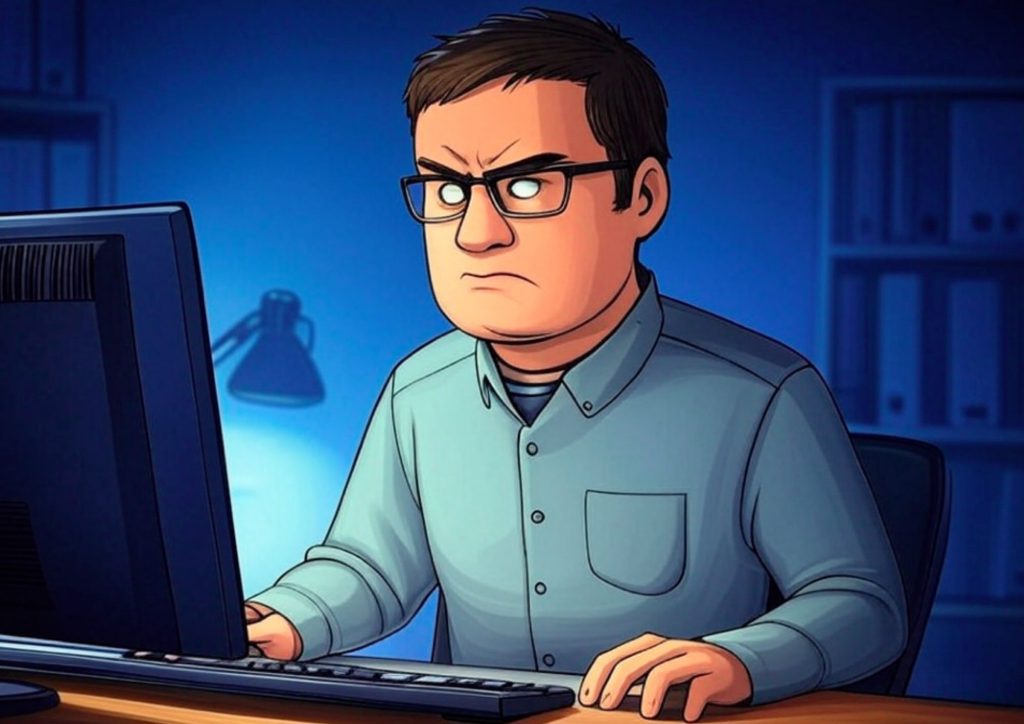Who are the online trolls and why do they do it?
A clinical psychologist attempts to explain the mysteries of online abuse
Thursday, 6th March 2025 — By Tom Foot

Dr Alan Underwood
This article was published in our ‘Stop The Trolls’ special for International Women’s Day 2025
ONLINE trolls have a mixture of motivations ranging from boredom to sadism, often looking to fill a void in their own lives.
Dr Alan Underwood, a clinical psychologist who works with Camden’s mental health service and also the Metropolitan Police, spoke to the New Journal about his work at the Stalking Threat Assessment Centre (STAC).
Part funded by the North London NHS Foundation Trust, the centre works with prohibition services and the Met police on severe cases of online abuse.
Dr Underwood said: “There’s a mix of motivations. Boredom is a big one. It might be for amusement, looking for a reaction.
“Trolling creates a sense of excitement, it’s novel. It might be they can use to it to inflate their own self-esteem. Maybe they can find control or autonomy in a part of the world where in the rest of their lives they have very little.
“So it often has a function for the person who is doing it. It is externalising behaviour of someone who may not have the internal resources to manage what is going on in their lives. Other people move traditionally into alcohol to change those states.
“There are a mix of characteristics, personality traits, that often lead people to do it. At the early stage, you’re looking at things like callousness, deceitfulness, a lack of personal responsibility.”
He added: “There are sadistic characteristics – that enjoyment of bringing harm to others. This might make them feel better. It often seems there is a level of narcissism; it can be about bringing someone down a peg or two, being one up.”
There is no formal programme established to work with convicted trolls and psychologists are looking more at the risks rather than intervention.
“The majority of the perpetrators are men,” said Dr Underwood.
“But there are also a significant number of women engaging in stalking or harassing behaviour. Male victims are often put off reporting because it is gendered behaviour and doesn’t fit the script of being a man. But women are far more victimised.”
Dr Underwood said despite the prevalence of online abuse it was often hard to identify the perpetrators because people use fake accounts that are easily set up anonymously.
This a problem for victims but also investigating officers seeking to bring convictions “beyond reasonable doubt”.
The Online Safety Act, coming into affect later this year, would better define criminal elements of online-based behaviour, Dr Underwood said.
“It is going to help bring in convictions. Another good outcome is that it will increase reports. Some platforms are more helpful than others when it comes to providing data, but there are others out where it is harder, when the data is not held by the organisation, and also those with end-to-end encryption.”

On his work at the centre, Dr Underwood said: “We can look at the psychological perspective in terms of how victims can stay safe and help them with digital health. We can signpost to the Cyber Helpline, which is a really good free resource.”
He added: “The advice around trolls particularly is not responding, because that just feeds more of the behaviour. Keeping copies of the evidence. Print out profile pages. Having a log. Document everything. Report early. Call the Police on 101.
“We find that there are often hundreds of examples of behaviour, before anything gets reported.
“Sometimes there is a fixated element that may go on for a long time, but often when the person gets bored of that issue they will move on.
He added: “Often victims believe that they are at fault because they have done something. It’s not – it’s about that person targeting them. It could happen to anyone.”